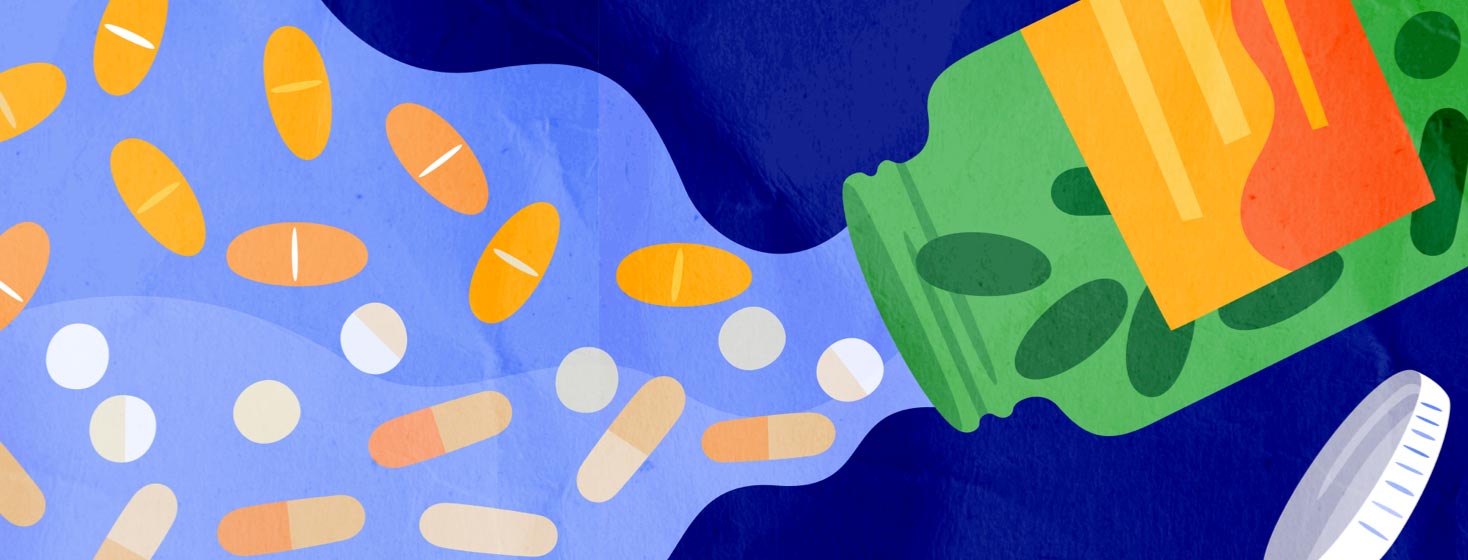Understanding Your Water Pill
Most people with heart failure (HF) are no strangers to water pills. The water pill describes medications in a class of drugs known as diuretics. The following will outline what to expect when you start treatment with a diuretic.
What are diuretics?
Diuretics are needed to control volume overload in the body, which typically occurs during heart failure. They accomplish this through different mechanisms to aid the kidney in removing water through urine, thereby increasing urination. This is why they are commonly referred to as “water pills”. Common water pills, including their respective brand names, are outlined below:1
- Furosemide (Lasix)
- Chlorthalidone (Hygroton)
- Hydrochlorothiazide
- Indapamide
- Spironolactone
- Eplerenone (Inspra)
There are other water pills not outlined above - these are usually combined with blood pressure agents in a single pill.
Featured Forum
View all responsesHow effective are diuretics?
Diuretics can help improve outcomes in people with HF. One study demonstrated that diuretics reduce the risk of hospitalizations and death.2 Another study revealed that this class of drugs can help reduce shortness of breath.3
Side effects
Side effects of diuretics depend on the type of diuretic, with some of these side effects universal to all diuretics. Some side effects common to all diuretics include:4
- Low blood pressure – this is not always a side effect; for some people, lowering blood pressure is a goal of therapy
- Dizziness
- Thirst
Side effects relating specifically to certain classes of diuretics are outlined below.4
Loop Diuretics (i.e. furosemide)
- Low potassium and sodium levels
- Hypersensitivity reactions – if someone has an allergy to sulfa drugs, they may also experience a cross-reaction to loop diuretics5
- Ototoxicity – ototoxicity refers to damage to the ear. Loop diuretics can cause short-term deafness. Rarely, this can be permanent. This is a very rare side-effect and usually only occurs with high-dose intravenous use (rather than the tablet formulation), concurrent use of other drugs with this side effect, or use of drug in people with kidney disease.6
Thiazide diuretics (chlorthalidone, hydrochlorothiazide)
- Low potassium levels
- High sugar levels
- Sun sensitivity
Potassium sparing diuretics (spironolactone, eplerenone)
- High potassium levels
- Hormone imbalances
Serious side effects
Diuretics can cause issues if given in high doses – for that reason, it is very important that you follow your doctor’s dosing instructions. In addition, if you have problems with your kidney, your doctor will make dosing adjustments. This is because in some people, diuretics can lead to acute kidney injury. Factors that increase this risk include:7
- Older age
- High dose
- Use in addition to other drugs that affect the kidneys
Duration of treatment
Treatment with diuretics is usually continued indefinitely, but sometimes if other drugs are added for HF, then the diuretic is discontinued. The best way to monitor effectiveness is through blood tests and daily weights as recommended by your doctor.
Other considerations
Because diuretics can increase the frequency of peeing, take your dose first thing in the morning, or no more than 6 hours before bedtime.8 This is to avoid disrupting your sleep.
Is a water pill part of your medication regimen? Share your experiences below!

Join the conversation